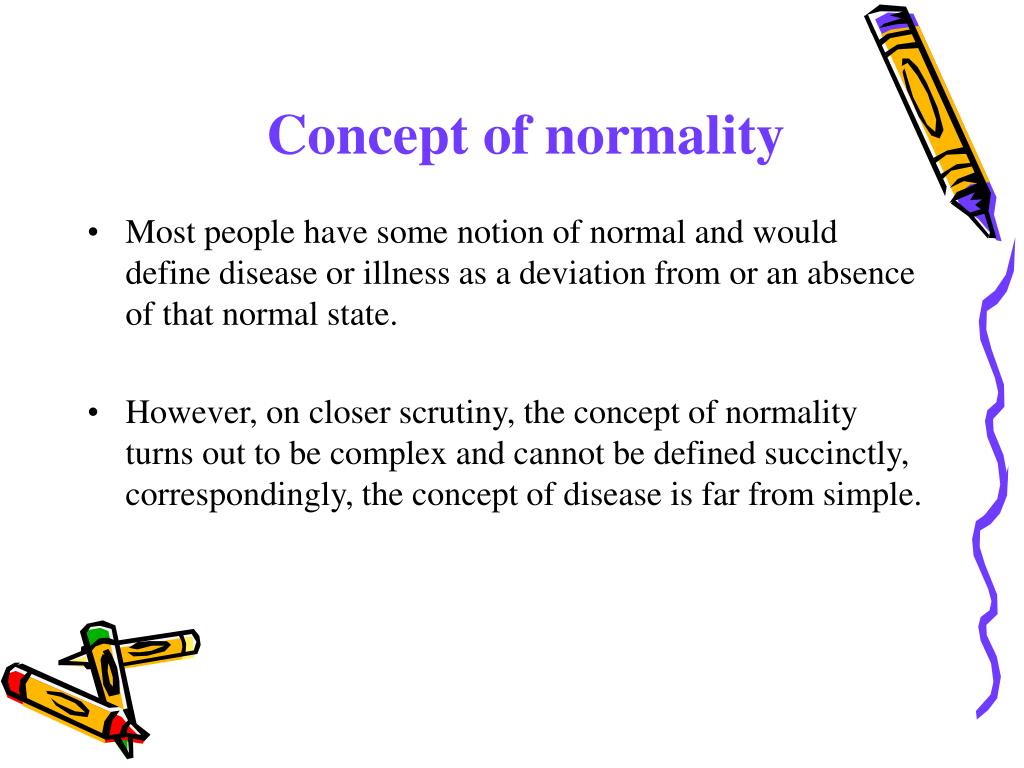Philosophy, Medicine, and the Concept of "Normal"
The concept of "normal" has long been a subject of debate, bridging the realms of philosophy and medicine. What does it mean to be normal? This article critically reflects on the origins, implications, and limitations of this concept, exploring its philosophical underpinnings, medical applications, and societal impact. By examining this complex interplay, we aim to provide insights into how redefining "normal" can lead to more inclusive and empathetic approaches in healthcare and beyond.
 |
| What does it mean to be normal? (📷empowerversep) |
The term "normal" is derived from the Latin word norma, meaning a carpenter's square, a tool used to measure straightness. Over time, it evolved to signify conformity to a standard. In philosophy, the notion of normality is deeply tied to questions of ethics, metaphysics, and epistemology. Philosophers like Michel Foucault have critiqued how societal norms are constructed, often serving as tools of power and control. "Normal" is not a neutral descriptor but a cultural artefact shaped by historical, social, and political forces.
Philosophically, normality raises questions about what ought to be versus what is. Should normal be equated with the average, or should it denote an ideal state? For instance, Aristotle’s notion of the "golden mean" suggested that virtue lies in moderation, a form of normality that balances extremes. These philosophical debates underscore the subjective and dynamic nature of what we consider normal.
Medicine’s Role in Shaping Normality
In medicine, "normal" is often quantified through statistical averages—such as normal blood pressure or body temperature. While these benchmarks provide valuable guidelines, they also carry inherent limitations. For example, the definition of "normal" blood pressure has shifted over decades, influenced by emerging research and pharmaceutical interests.
 |
| (📷slideserve) |
The medicalisation of normality has also led to the pathologisation of deviations. Conditions like anxiety or obesity, once seen as variations within the human experience, are now often framed as disorders requiring intervention. This shift reflects not just scientific advancements but also societal pressures to conform to certain standards of health and behaviour.
Moreover, the reliance on statistical norms can marginalise individuals who fall outside these parameters but are otherwise healthy. For instance, individuals with atypical neurological profiles, such as those on the autism spectrum, challenge the dichotomy of normal versus abnormal. Research highlights the importance of embracing neurodiversity to foster inclusion and innovation.
The Intersection of Philosophy and Medicine
The intersection of philosophy and medicine offers a richer understanding of normality. Philosophical frameworks can illuminate the ethical implications of medical practices, while medicine provides empirical grounding for philosophical debates. One area where this intersection is particularly evident is in the concept of disability.
Disability studies challenge the medical model that views disabilities as deficits to be corrected. Instead, the social model posits that disability arises from societal barriers rather than individual impairments. This perspective aligns with existentialist philosophy, which emphasises the individual's freedom to define their own essence despite external constraints.
Similarly, the ethics of care, a philosophical approach that priorities relational and contextual understanding, has influenced patient-centred medical practices. Studies show that empathetic communication improves patient outcomes, emphasising the value of treating individuals, not just symptoms.
Normality in a Changing World
The COVID-19 pandemic has further complicated the notion of normal. As societies grappled with unprecedented challenges, terms like "the new normal" emerged, highlighting the fluidity of the concept. Philosophers argue that crises disrupt existing norms, creating opportunities to reevaluate and reconstruct them.
In medicine, this reevaluation has led to a greater emphasis on mental health, telemedicine, and equitable healthcare access. These shifts underscore the need to redefine normality in ways that prioritise resilience, adaptability, and inclusivity.
Rethinking Normal
Redefining "normal" requires a multidisciplinary approach that integrates philosophical inquiry, medical science, and social activism. By questioning the assumptions underlying normality, we can create frameworks that celebrate diversity and challenge stigmatisation.
In healthcare, this means moving beyond one-size-fits-all models to embrace personalised and community-centred approaches. For example, incorporating cultural competence in medical training has been shown to reduce disparities and improve patient satisfaction.
Philosophically, it calls for a shift from normative to descriptive frameworks, acknowledging that diversity is not a deviation but a fundamental aspect of human existence. This perspective aligns with postmodern critiques that resist universalising narratives in favour of pluralism and contextuality.
 |
| The concept of "normal" bridges the realms of philosophy and medicine. (📷empowerversep) |
The concept of "normal" is more than a scientific metric or philosophical ideal; it is a reflection of societal values and priorities. This reflection should invite us to expand our understanding of what it means to be healthy beyond the narrow confines of "normal." By embracing the diversity of human experience, we can advocate for systems that respect individuality, promote equity, and celebrate wellness in all its forms.
⭐⭐⭐


